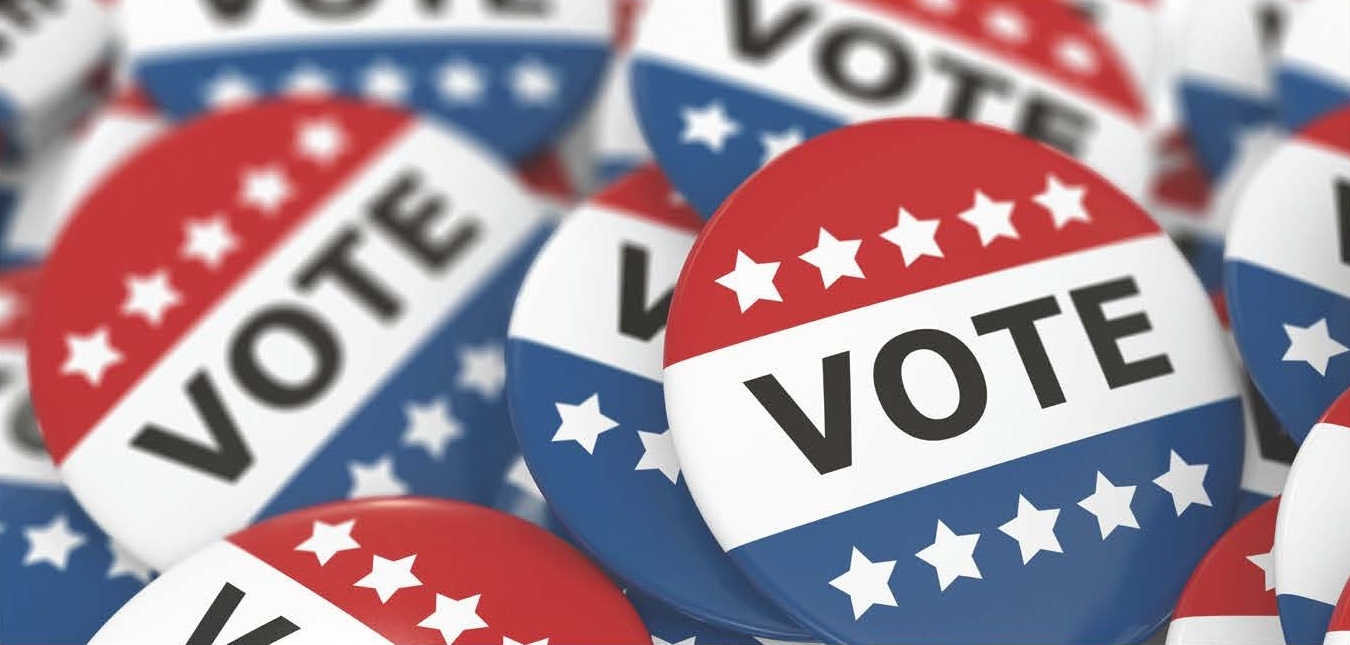
MANILA, PHILIPPINES—Today, millions of Americans will vote in another “high stakes” and bitterly partisan election. As always, this election will be billed as “the most important mid-term election in our lifetime,” and it will seem as if the future of life as we know it hangs in the balance.
As an American citizen who has spent most of my adult life in the Philippines, elections are a strange time for me. Over the past thirty-five years, I have rarely been in the United States to vote in person (thank God for absentee ballots). Because of this, I usually miss out on most of the bitter partisan debates leading up to the election. The election cycles that I have experienced most frequently and intensely are Philippine elections (which I cannot vote in).
There has always been something strangely liberating about being a foreigner in the pulpit during a Philippine election cycle. I can’t tell you how many times I have heard some version of this question: “Pastor, who are we voting for?”
The “we” so often being referred to in those questions is the alleged “Victory voting bloc.” Though it is impossible to tell if such a voting bloc actually exists (I highly doubt it), it is a common practice in the Philippines for politicians to seek the endorsement of a megachurch pastor or a bishop (with the assumption that “we” will all vote for the same candidate). Over the years, I have always answered this question the same way (whether to a church member or a politician): “We are not voting for anyone. I cannot vote in this election, but you should think about it, pray about it, and vote your conscience.”
While I understand that many church members asking this question simply want some biblical guidance on how they should assess candidates and issues, it is vitally important that pastors resist the urge to give easy answers by endorsing a particular candidate.
Why?
Because we want to make it crystal clear to our church members who “we” are.
As pastors, the “we” that we are called to serve, lead, and represent is the local church—Not the Republican party, not the Democratic party, not the Partido Liberal, not the PDP-Laban.
Though our members will vote and sometimes identify strongly with certain political parties and candidates, our job is to help them remember that the most important “we” or group they belong to is neither their political party nor their nation. It is the global church—the people who Jesus redeemed with his blood from every tribe, tongue, nation, and political affiliation.
When we identify our primary “we” as our church community rather than our political party, we are embracing a long-term view of the future and adopting a long-term strategy for godly influence and social transformation. When I first landed in the Philippines, the president was Ferdinand Marcos. He came and went, but the church I was privileged to lead continued to grow in size, strength, and influence. Marcos was succeeded by Cory Aquino who was succeeded by Fidel Ramos. Their power and influence grew and diminished, but the Church continued to grow larger and stronger. Then came Presidents Erap Estrada, Gloria Macapagal Arroyo, Benigno Aquino III, and now Rodrigo Duterte. I have seen six presidents come and go since Victory was established in 1984. President Duterte is the seventh. He too will leave the presidency and someone else will take his place. But the Church (not just Victory, but the whole Church) will continue to grow larger, stronger, and more influential for the glory of God.
A good question to ask our church members during contested election cycles is this: which “we” is more central to your identity—your church community or your political party? In an era of political and cultural divisions—ones fueled by the social media machine and twenty-four-hour news cycles—it is more important than ever for pastors to fight tirelessly for unity in the church and to remind our people that first and foremost, we are all citizens of the kingdom of Heaven.